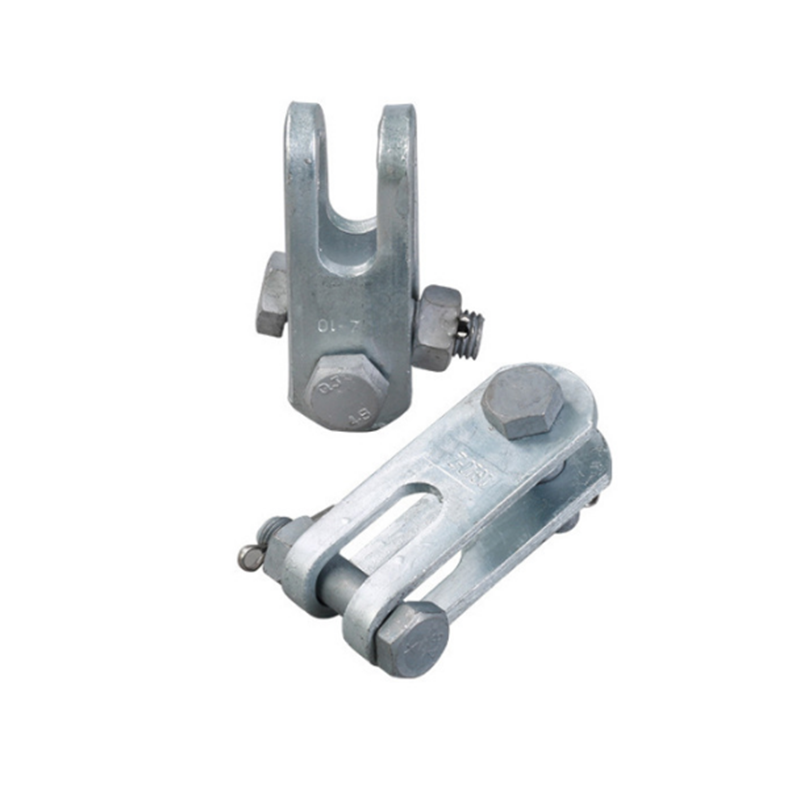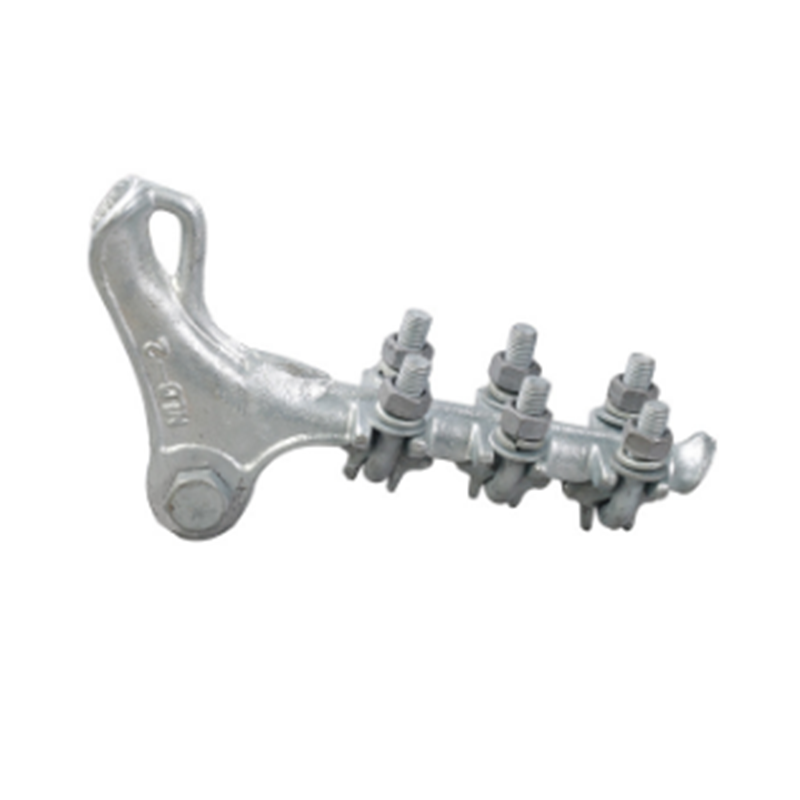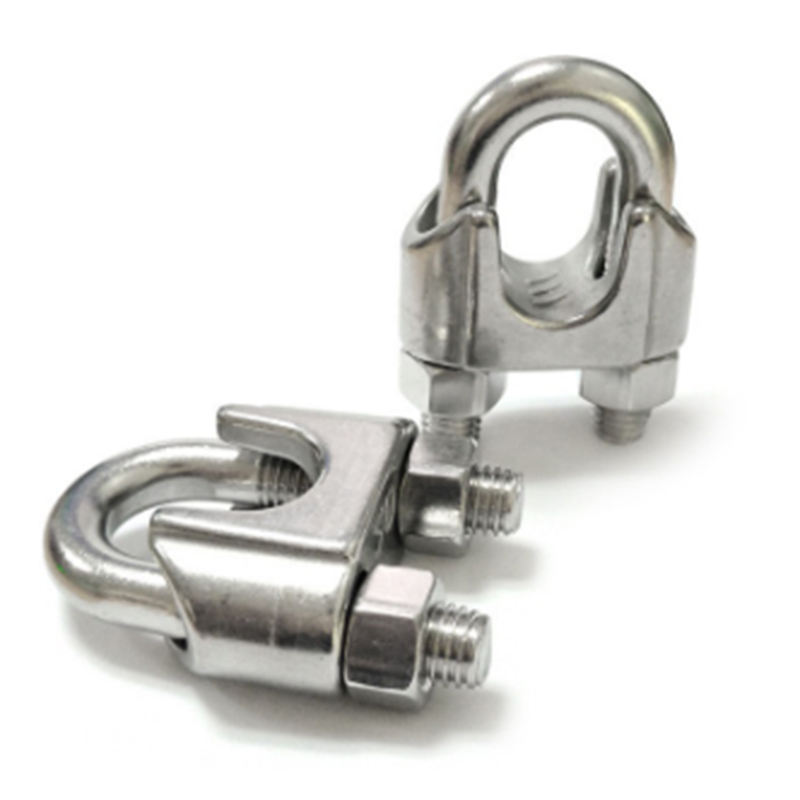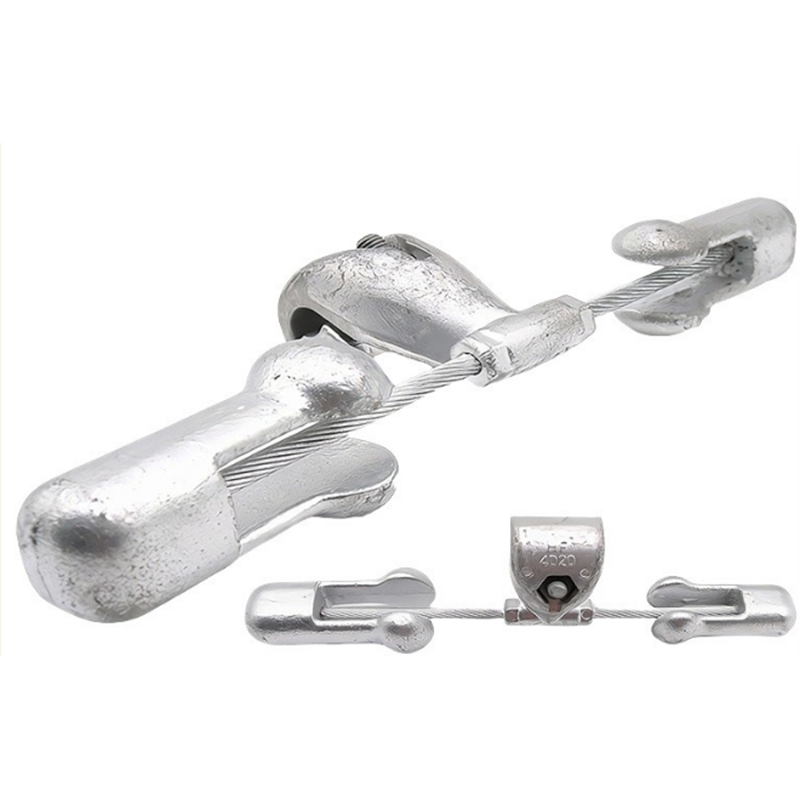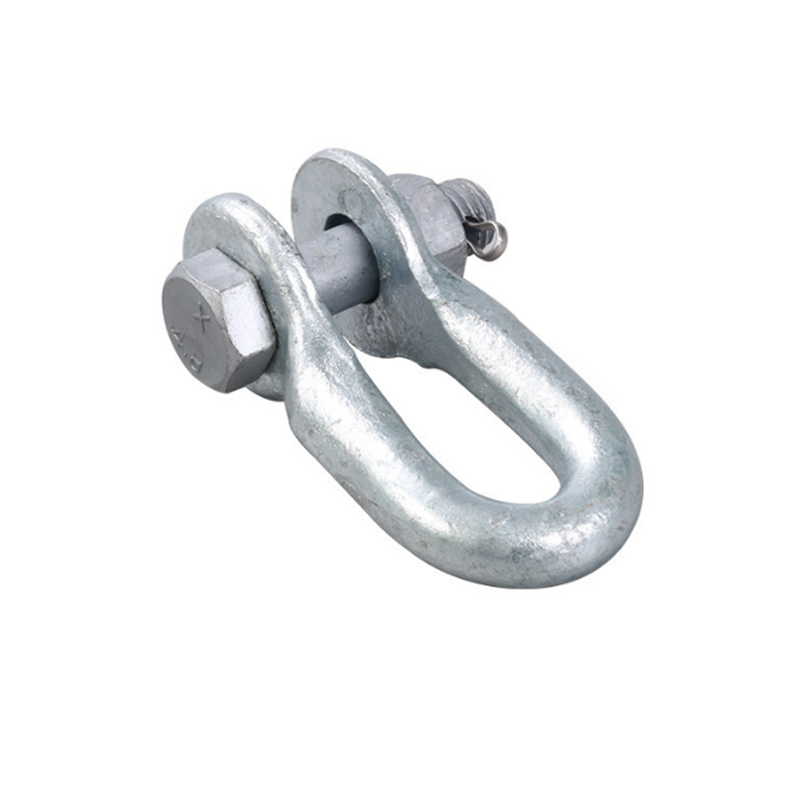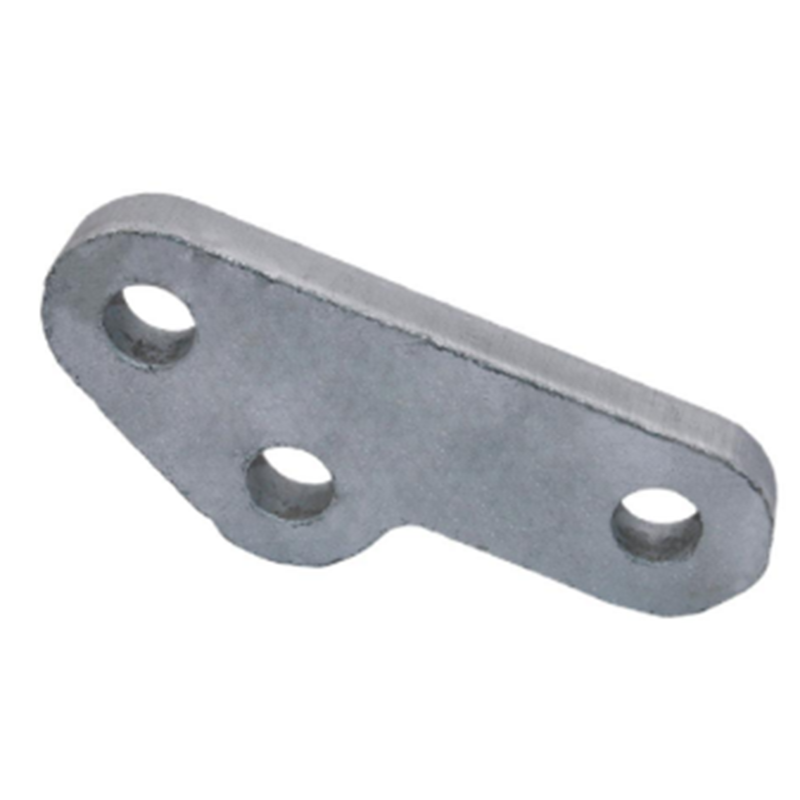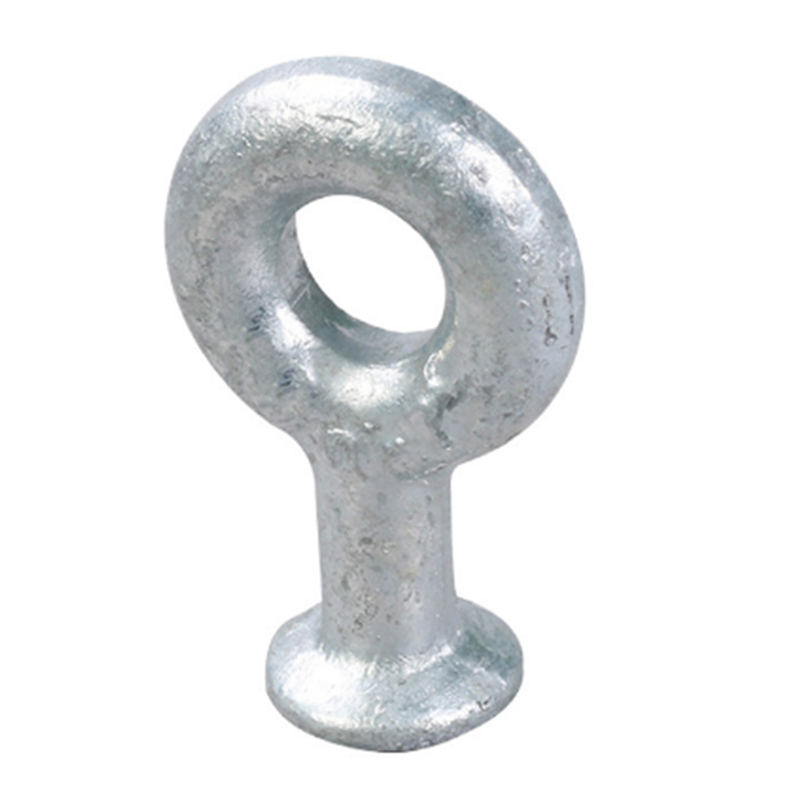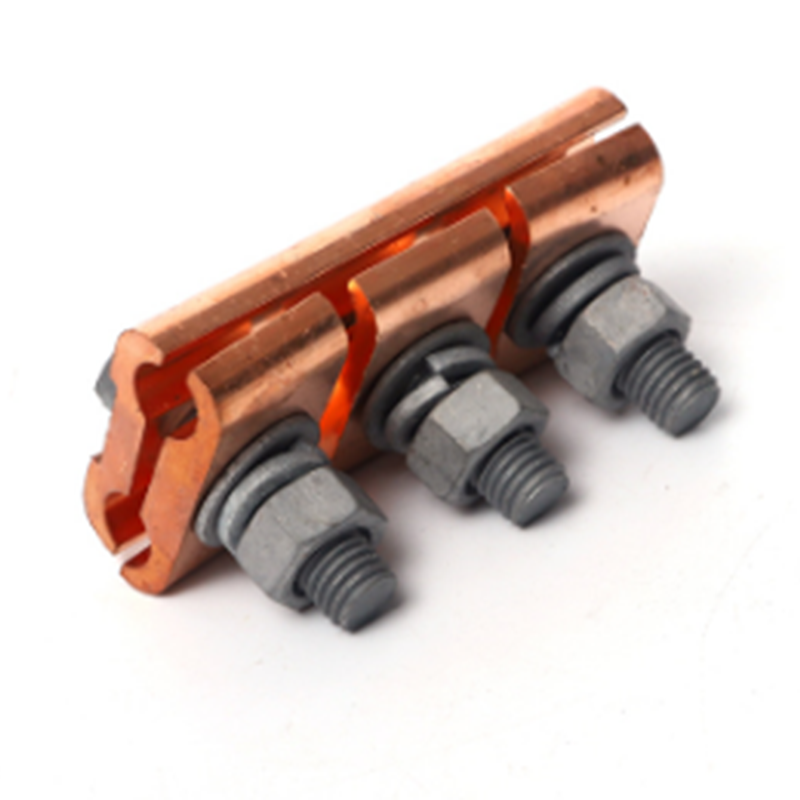- Chinese
- French
- German
- Portuguese
- Spanish
- Russian
- Japanese
- Korean
- Arabic
- Irish
- Greek
- Turkish
- Italian
- Danish
- Romanian
- Indonesian
- Czech
- Afrikaans
- Swedish
- Polish
- Basque
- Catalan
- Esperanto
- Hindi
- Lao
- Albanian
- Amharic
- Armenian
- Azerbaijani
- Belarusian
- Bengali
- Bosnian
- Bulgarian
- Cebuano
- Chichewa
- Corsican
- Croatian
- Dutch
- Estonian
- Filipino
- Finnish
- Frisian
- Galician
- Georgian
- Gujarati
- Haitian
- Hausa
- Hawaiian
- Hebrew
- Hmong
- Hungarian
- Icelandic
- Igbo
- Javanese
- Kannada
- Kazakh
- Khmer
- Kurdish
- Kyrgyz
- Latin
- Latvian
- Lithuanian
- Luxembou..
- Macedonian
- Malagasy
- Malay
- Malayalam
- Maltese
- Maori
- Marathi
- Mongolian
- Burmese
- Nepali
- Norwegian
- Pashto
- Persian
- Punjabi
- Serbian
- Sesotho
- Sinhala
- Slovak
- Slovenian
- Somali
- Samoan
- Scots Gaelic
- Shona
- Sindhi
- Sundanese
- Swahili
- Tajik
- Tamil
- Telugu
- Thai
- Ukrainian
- Urdu
- Uzbek
- Vietnamese
- Welsh
- Xhosa
- Yiddish
- Yoruba
- Zulu
- Kinyarwanda
- Tatar
- Oriya
- Turkmen
- Uyghur

American Thread Products
The Intricacies of American Thread Products
Understanding American Thread Products can be quite a task, especially given how this seemingly niche segment plays a vital role in industrial production. These threads aren’t just metal spun to precision but the backbone of fastener performance. Yet, there are common misconceptions about what makes a thread American or industry-standard, and clarifying these can be the difference between project success and untimely setbacks.
What Makes Threading American?
The term American thread often gets tossed around without much thought, yet it stands for a specific set of standards—the Unified Thread Standard (UTS). It differentiates itself from metric threads, which is crucial for compatibility in manufacturing and assembly. Experienced operators know to check these nuances to prevent cross-threading and mechanical failures.
I recall a project where a team mixed up UTS with metric threading in assembly. It was a simple oversight but resulted in significant downtime. These threads may seem trivial, yet their standards and specifications can make or break an operation.
For manufacturers like Shengfeng Hardware Fastener Factory, knowledge of these standards is part and parcel of precision production. Based in Yongnian District, Handan City, their expertise in producing spring washers, flat washers, nuts, and expansion bolts relies on getting these small things right, which directly affects quality and performance.
Handling American Thread Products in Practice
When dealing with American Thread Products, the approach needs to be methodical. Whether it’s a broad-scale production or a specialized order, consistency in threading ensures product reliability. This is where companies like Shengfeng Hardware maintain their competitive edge—by investing in quality control and consistent updates to their machinery and materials.
I remember one instance at a facility where a new lot of bolts didn't match the specifications they were supposed to adhere to. It was a logistical and engineering headache. For any fastener manufacturer, ensuring every lot matches all standard specifications is non-negotiable.
Shengfeng's strategic location near major highways offers logistical advantages that further tie into their operational efficiency, reducing lead time from production to delivery.
Common Issues with American Thread Products
Even with quality standards in place, issues can arise with American Thread Products. Thread galling, for example, is a notorious problem where threads seize due to excessive friction. In my experience, proper lubrication and surface treatments can mitigate this.
Another frequent problem is thread deformation during high-stress applications. This stresses the importance of using the right materials—choosing the correct grade of steel or other alloy can be critical.
Failures often provide the best learning experiences. Years ago, a client ignored recommendations on load-bearing capacities, resulting in warped bolts. Such lessons underscore the importance of adhering to specified limits and materials.
Innovations and Industry Shifts
In recent years, we've seen a shift towards more sustainable and efficient production, which impacts American Thread Products. Innovations in coating technologies, for instance, extend the life of threads by enhancing corrosion resistance without compromising strength.
Fastener manufacturers are increasingly investing in precision machinery that uses advanced measurement systems for thread calibration, increasing accuracy exponentially. This has been a game-changer in reducing incidences of mechanical failures.
For a company like Shengfeng Hardware Fastener Factory, keeping up with these technological shifts is crucial. Their site, https://www.sxwasher.com, reflects this commitment to modernizing facilities and systems, ensuring their products meet international standards.
Conclusion: The Art and Science of Threads
The world of American Thread Products is a blend of art and science. From standardization to material choice, every aspect requires careful consideration. Professionals in the field, like those at Shengfeng, understand the market demands and technological advancements that drive industry success.
Most importantly, it's about the detail—the precision of a thread, the durability of a finish, the assurance of a standard. It's the kind of knowledge that only comes with practice and a deep dive into the specifics, something that every fastener manufacturer worth their salt acknowledges.
Threading may be just one part of the larger machine, but its impact is significant and far-reaching—a sound thread is synonymous with a job well done.
Соответствующая продукция
Соответствующая продукция




